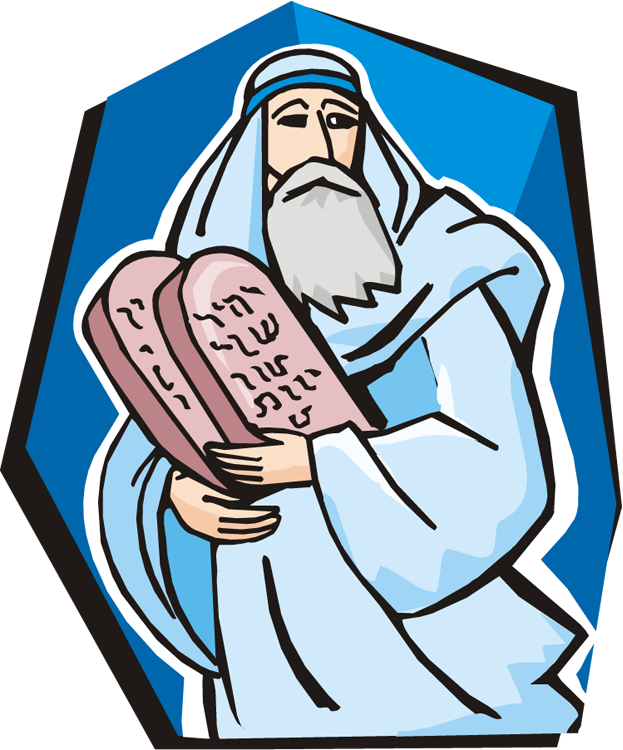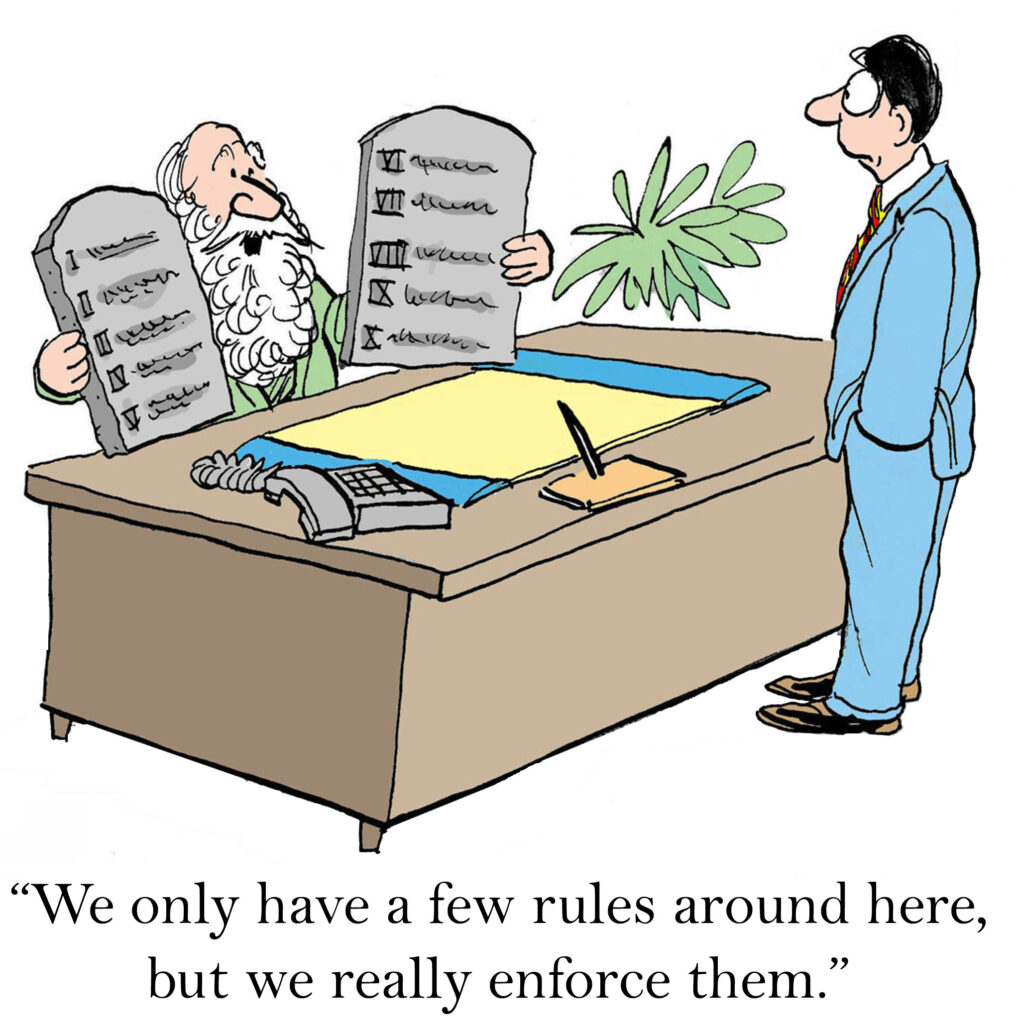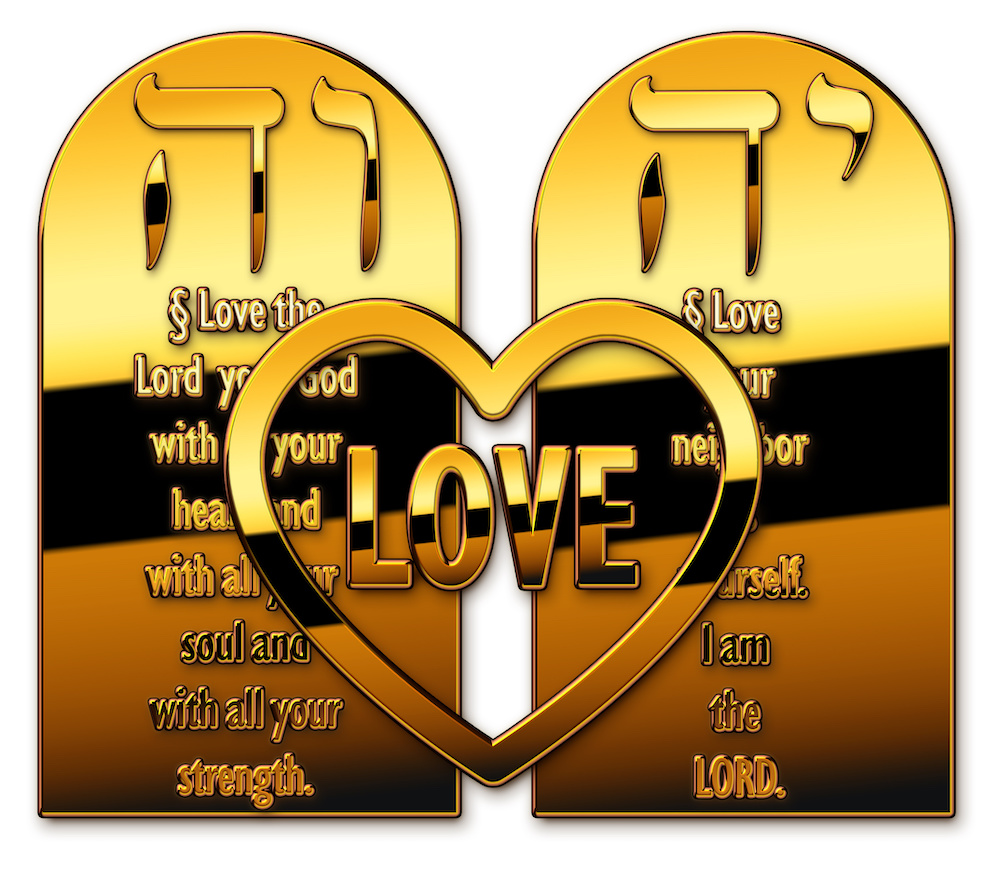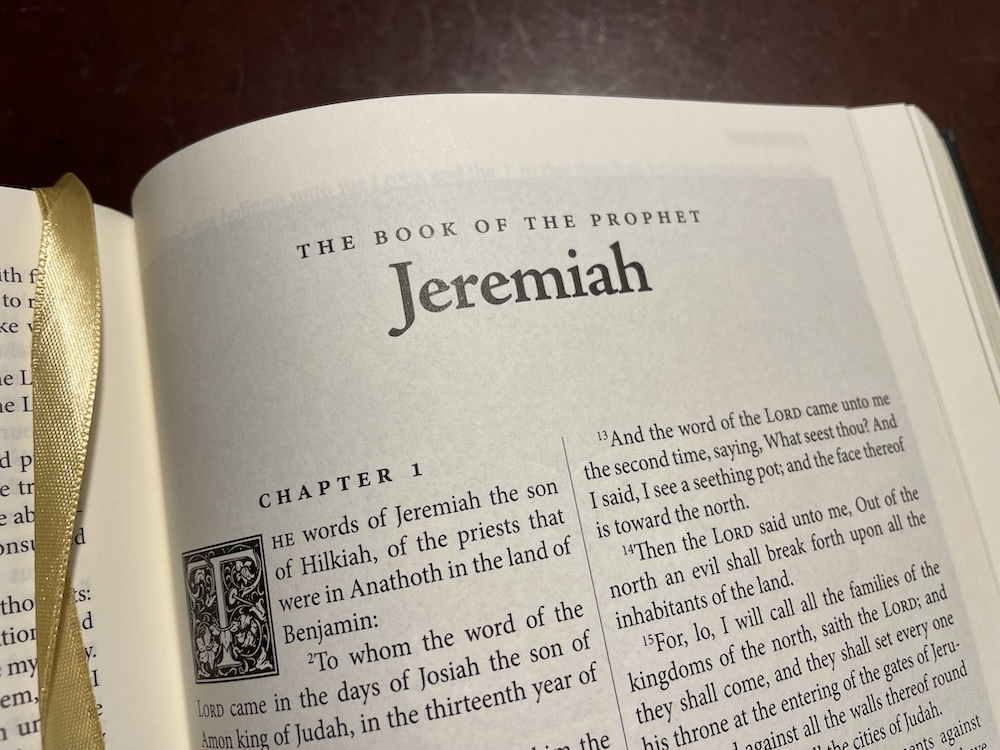Good old YouTube is at it again! I’m in their bad boy doghouse because of my video exposing the Satanic Babylon the Great New World Order in light of end Bible prophecy as it pertains to my belief that the COVID injection is psychologically preparing people to take the mark of beast. They are accusing me of violating their medical misinformation policy. (These satanists and their Antichrist big-pharma overlords are determined to kill us off! It’s no wonder, for Yeshua declared that Satan comes to kill, steal and destroy, and Peter informs us that the devil goes about as a roaring lion seeking whom he may devour.)
By banning videos like mine, the people of YouTube have blood on their hands, and they will answer to YHVH Elohim for their murderous actions as they squelch the truth about the COVID injections.
Interestingly, in their COVID information below, they promise to ban anyone who recommends drugs like Ivermectin and Hydroxychloroquine—drugs that have proven to help in curing COVID in many cases. Can anyone see how these people are under the thumb of the sorcerers of big pharma (read Rev 18:23)? I could go and on, but I’ll stop. I know that I’m preaching to the choir.
Anyway, here’s the link to the video on this week’s Torah portion: https://rumble.com/v1jkcmh-deuteronomy-26-ki-tavo26-blessings-of-torah-obedience.html
If you’re curious about YouTubes policy and have the stomach to read it, this is what they sent me:
YouTube doesn’t allow content that poses a serious risk of egregious harm by spreading medical misinformation about currently administered vaccines that are approved and confirmed to be safe and effective by local health authorities and by the World Health Organization (WHO).
If I keep violating YouTube’s policies, they threaten to terminate my channel forever.
YouTube goes on to say:
COVID-19 medical misinformation policy
The safety of our creators, viewers, and partners is our highest priority. We look to each of you to help us protect this unique and vibrant community. It’s important you understand our Community Guidelines, and the role they play in our shared responsibility to keep YouTube safe. Take the time to carefully read the policy below. You can also check out this page for a full list of our guidelines.
YouTube doesn’t allow content about COVID-19 that poses a serious risk of egregious harm.
YouTube doesn’t allow content that spreads medical misinformation that contradicts local health authorities’ (LHA) or the World Health Organization’s (WHO) medical information about COVID-19. This is limited to content that contradicts WHO or local health authorities’ guidance on:
- Treatment
- Prevention
- Diagnosis
- Transmission
- The existence of COVID-19
Note: YouTube’s policies on COVID-19 are subject to change in response to changes to global or local health authorities’ guidance on the virus. There may be a delay between new LHA/WHO guidance and policy updates given the frequency with which this guidance changes, and our policies may not cover all LHA/WHO guidance related to COVID-19.
Our COVID-19 policies were first published on May 20, 2020.
What this policy means for you
If you’re posting content
Don’t post content on YouTube if it includes any of the following:
Treatment misinformation:
- Content that encourages the use of home remedies, prayer, or rituals in place of medical treatment such as consulting a doctor or going to the hospital
- Content that claims that there’s a guaranteed cure for COVID-19
- Content that recommends use of Ivermectin or Hydroxychloroquine for the treatment of COVID-19
- Claims that Hydroxychloroquine is an effective treatment for COVID-19
- Categorical claims that Ivermectin is an effective treatment for COVID-19
- Claims that Ivermectin and Hydroxychloroquine are safe to use in the prevention of COVID-19
- Other content that discourages people from consulting a medical professional or seeking medical advice
Prevention misinformation: Content that promotes prevention methods that contradict local health authorities or WHO.
- Claims that there is a guaranteed prevention method for COVID-19
- Claims that any medication or vaccination is a guaranteed prevention method for COVID-19
- Content that recommends use of Ivermectin or Hydroxychloroquine for the prevention of COVID-19
- Claims that Ivermectin and Hydroxychloroquine are safe to use in the prevention of COVID-19
- Claims about COVID-19 vaccinations that contradict expert consensus from local health authorities or WHO
- Claims that an approved COVID-19 vaccine will cause death, infertility, miscarriage, autism, or contraction of other infectious diseases
- Claims that an approved COVID-19 vaccine will contain substances that are not on the vaccine ingredient list, such as biological matter from fetuses (e.g. fetal tissue, fetal cell lines) or animal products
- Claims that an approved COVID-19 vaccine will contain substances or devices meant to track or identify those who’ve received it
- Claims that COVID-19 vaccines will make people who receive them magnetic
- Claims that an approved COVID-19 vaccine will alter a person’s genetic makeup
- Claims that COVID-19 vaccines do not reduce risk of serious illness or death
- Claims that any vaccine causes contraction of COVID-19
- Claims that a specific population will be required (by any entity except for a government) to take part in vaccine trials or receive the vaccine first
- Content that promotes the use of unapproved or homemade COVID-19 vaccines
- Instructions to counterfeit vaccine certificates, or offers of sale for such documents
Diagnostic misinformation: Content that promotes diagnostic information that contradicts local health authorities or WHO.
- Claims that approved COVID-19 tests are dangerous or cause negative physical health effects
- Claims that approved COVID-19 tests cannot diagnose COVID-19
Transmission misinformation: Content that promotes transmission information that contradicts local health authorities or WHO.
- Content that claims that COVID-19 is not caused by a viral infection
- Content that claims COVID-19 is not contagious
- Content that claims that COVID-19 cannot spread in certain climates or geographies
- Content that claims that any group or individual has immunity to the virus or cannot transmit the virus
Content that denies the existence of COVID-19:
- Denial that COVID-19 exists
- Claims that people have not died or gotten sick from COVID-19
- Claims that the death rate of COVID-19 is equal to or less than that of the common cold or seasonal flu
- Claims that COVID-19 is equal to or less transmissible than the common cold or seasonal flu
- Claims that the symptoms of COVID-19 are never severe
This policy applies to videos, video descriptions, comments, live streams, and any other YouTube product or feature. Keep in mind that this isn’t a complete list. Please note these policies also apply to external links in your content. This can include clickable URLs, verbally directing users to other sites in video, as well as other forms.
Examples
Here are some examples of content that’s not allowed on YouTube:
- Denial that COVID-19 exists
- Claims that people have not died from COVID-19
- Claims that any vaccine is a guaranteed prevention method for COVID-19
- Claims that a specific treatment or medicine is a guaranteed cure for COVID-19
- Claims that hydroxychloroquine saves people from COVID-19
- Promotion of MMS (Miracle Mineral Solution) for the treatment of COVID-19
- Claims that certain people have immunity to COVID-19 due to their race or nationality
- Encouraging taking home remedies instead of getting medical treatment when sick
- Discouraging people from consulting a medical professional if they’re sick
- Content that claims that holding your breath can be used as a diagnostic test for COVID-19
- Videos alleging that if you avoid Asian food, you won’t get the coronavirus
- Videos alleging that setting off fireworks can clean the air of the virus and will prevent the spread of the virus
- Claims that COVID-19 is caused by radiation from 5G networks
- Videos alleging that the COVID-19 test is the cause of the virus
- Claims that countries with hot climates will not experience the spread of the virus
- Claims that COVID-19 vaccines kill people who receive them
- Claims that COVID-19 vaccines are a means of population reduction
- Videos claiming that COVID-19 vaccines contain fetal tissue
- Claims that the flu vaccine causes contraction of COVID-19
- Claims that the flu is more contagious than COVID-19
- Claims that COVID-19 vaccines cause contraction of other infectious diseases or makes people more vulnerable to contraction of other infectious diseases
- Claims that COVID-19 vaccines contain a microchip or tracking device
- Claims that achieving herd immunity through natural infection is safer than vaccinating the population
- Claims that COVID-19 never causes serious symptoms or hospitalization
- Claims that the death rate from the seasonal flu is higher than the death rate of COVID-19
- Claims that people are immune to the virus based on their race
- Claims that children cannot or do not contract COVID-19
- Claims that there have not been cases or deaths in countries where cases or deaths have been confirmed by local health authorities or the WHO
Educational, documentary, scientific or artistic content
We may allow content that violates the misinformation policies noted on this page if that content includes additional context in the video, audio, title, or description. This is not a pass to promote misinformation. Additional context may include countervailing views from local health authorities or medical experts. We may also make exceptions if the purpose of the content is to condemn, dispute, or satirize misinformation that violates our policies. We may also make exceptions for content showing an open public forum, like a protest or public hearing, provided the content does not aim to promote misinformation that violates our policies.
What happens if content violates this policy
If your content violates this policy, we’ll remove the content and send you an email to let you know. If this is your first time violating our Community Guidelines, you’ll likely get a warning with no penalty to your channel. If it’s not, we may issue a strike against your channel. If you get 3 strikes within 90 days, your channel will be terminated. You can learn more about our strikes system here.
We may terminate your channel or account for repeated violations of the Community Guidelines or Terms of Service. We may also terminate your channel or account after a single case of severe abuse, or when the channel is dedicated to a policy violation. You can learn more about channel or account terminations here.















